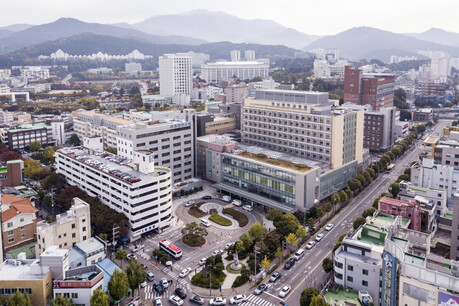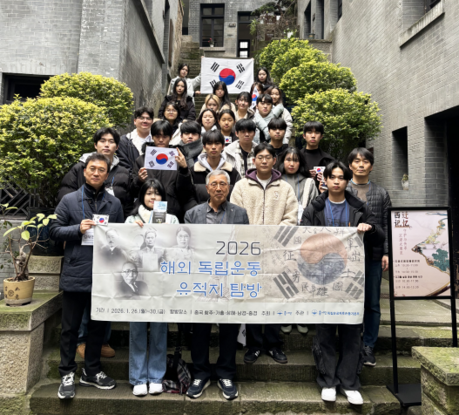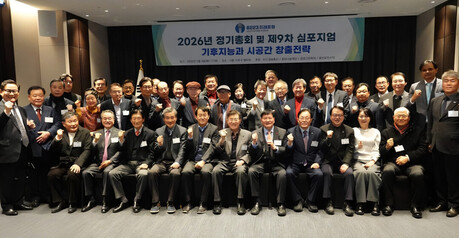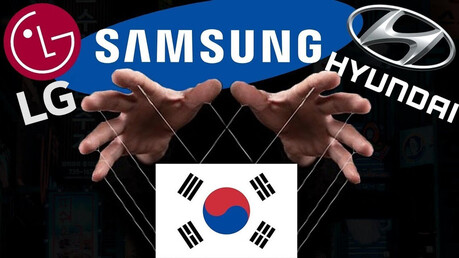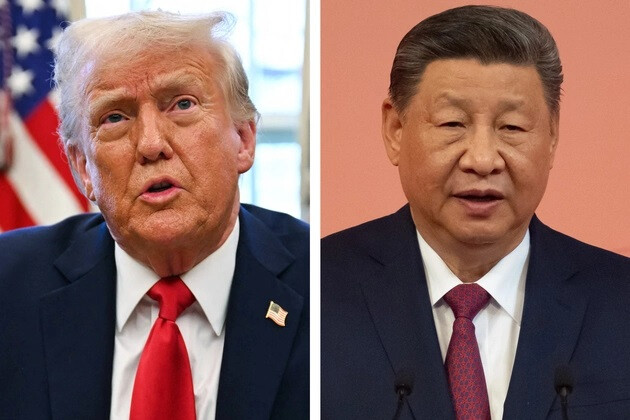
WASHINGTON — Global attention remains squarely focused on the looming bilateral meeting between US President Donald Trump and Chinese President Xi Jinping, largely overshadowing the broader Asia-Pacific Economic Cooperation (APEC) summit in South Korea. President Trump’s decision to largely forgo the multilateral APEC sessions, opting instead for a series of high-stakes bilateral discussions with leaders from South Korea, Japan, and China, has drawn scrutiny, with some experts labeling him an “APEC spoiler.”
Trump embarked on his Asia tour on October 24 (local time), with his itinerary featuring only bilateral meetings with key Asian leaders, including a pivotal face-to-face with President Xi on the sidelines of the APEC gathering. His planned absence from the APEC plenary sessions, which are intended to promote regional economic integration and trade liberalization, underscores his "America First" preference for one-on-one trade negotiations.
Bilateralism at the Forefront
The intense focus on the US-China meeting has prompted concerns that the APEC summit itself may be rendered irrelevant. Matthew Goodman, a senior vice president at the Center for Strategic and International Studies (CSIS), noted that the meeting between Trump and Xi is likely to eclipse the APEC gathering. The host country, South Korea, finds itself in a precarious position, as George Hutchinson of the Council on International Korean Studies (CIKS) pointed out, “The host country, South Korea, has been placed in the middle of pressure between major powers rather than at the center of multilateral cooperation.” He added that the summit tests "how much authority and autonomy a middle power (like South Korea) can maintain."
The overarching question remains whether the Trump-Xi meeting will yield any substantive progress on the protracted trade war. Speaking aboard Air Force One en route to Asia, President Trump expressed optimism regarding the US-China trade negotiations, stating, "They (China) have to concede. I believe we will do the same (concede)," and anticipating a "good meeting."
Skepticism Over a 'Big Deal'
Despite the hopeful rhetoric, many experts are skeptical that a comprehensive "big deal" will materialize, suggesting a temporary ceasefire is the more probable outcome. Patricia Kim, a China-focused scholar at the Brookings Institution, stated that the Trump administration's objective is to "use the personal relationship between the leaders to signal progress in US-China trade negotiations." However, given that working-level talks have been largely focused on extending a truce, a comprehensive agreement is deemed unlikely. Similarly, Han Hsien-lin, a China Director at The Asia Group, told CNBC that he does not foresee "big concessions," cautioning that structural disputes might never be fully resolved.
The Southeast Asia Challenge
Trump is also expected to pressure ASEAN nations, which have significant trade ties with China, to join the effort to contain Beijing. This remains a tough sell, however. Politico reported that failure to secure trade agreements with countries like Vietnam and Indonesia, which serve as export circumvention routes for China, could put the US in a disadvantageous position in the Trump-Xi meeting, though tariff negotiations are not expected to advance during this visit. Barbara Weisel, a former senior official at the Office of the US Trade Representative (USTR), emphasized to Politico that Southeast Asian nations have consistently expressed a desire not to choose between the US and China.
Uncertainty on the Korean Peninsula
Regarding the US-South Korea summit, the possibility of a joint trade agreement remains uncertain. Trump indicated a readiness to finalize a deal if "they are ready (to conclude)," implying the US has presented a final proposal awaiting South Korea's acceptance. Meanwhile, the presidential office in Seoul maintains a cautious posture.
Speculation about another surprise US-North Korea meeting, which Trump has again hinted at, persists, though some analysts suggest this may be a strategic distraction. Nevertheless, the anticipation surrounding the US-China talks has unquestionably overshadowed the APEC agenda, reinforcing the dominance of major-power politics in the Asia-Pacific.
[Copyright (c) Global Economic Times. All Rights Reserved.]



















